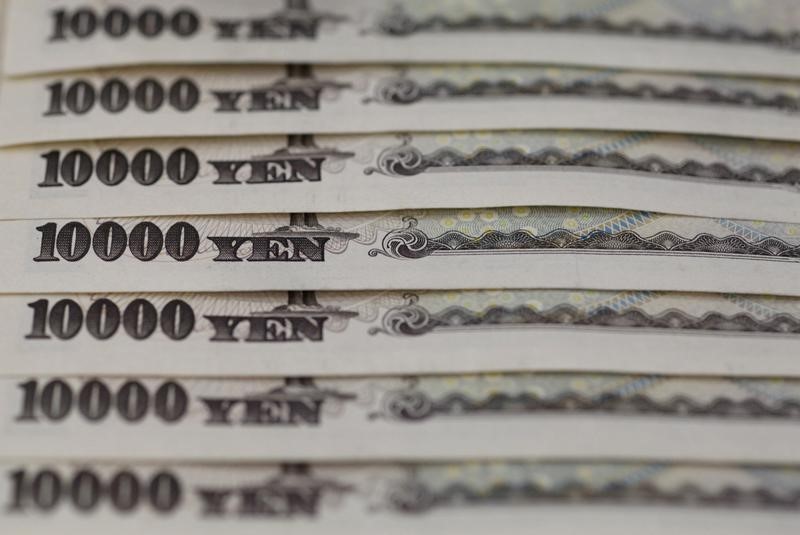By Leika Kihara and Tetsushi Kajimoto
SENDAI, Japan (Reuters) - Japan and the United States remained at loggerheads over exchange-rate policy on Friday with Washington saying yen moves continued to be "orderly," signaling that Tokyo has no justification to intervene in the market to stem yen gains.
Japanese Finance Minister Taro Aso reiterated Tokyo's view that excessive and disorderly currency moves were undesirable, making it clear authorities won't hesitate to step into the market if they consider any yen spike as out of line with economic fundamentals.
"In line with previous commitments by G7 and G20, I said stability in exchange rates is extremely important as excess volatility and disorderly movements would hurt the economy," Aso told reporters after meeting Group of Seven (G7) finance leaders in Sendai, northeast Japan.
But a senior U.S. Treasury official said currency moves are deemed "disorderly" enough to warrant intervention only when they are triggered by a crisis such as the devastating earthquake and tsunami that hit northeast Japan in March 2011.
There needs to be a distinction between such moves and market fluctuations "that happen," the official said, adding that "you know" when truly disorderly conditions occur.
"We've had agreements in the G7 and G20 for a number of years that have been very solid, workable ... that give all of us the ability to use domestic tools for domestic purposes, but that they commit to refraining from exchange-rate targeting unless there are disorderly conditions," the official said.
"I continue to believe that Japan has orderly conditions," he said, when asked whether Washington's stance on the yen has not changed since last month's Group of 20 finance leaders' gathering in Washington.
ASO, LEW TO MEET SATURDAY
Japanese authorities have stayed away from the markets since they last intervened in 2011. At the time, Tokyo got G7 consent to intervene to stem a yen spike driven by speculation that a devastating earthquake would force Japanese insurers to repatriate overseas funds to pay for damage claims.
Currency market stability is among topics financial leaders of the G7 advanced economies are discussing at the two-day gathering that kicked off on Friday.
Japan has failed to bridge differences with the United States on the yen, with Washington dismissing Tokyo's concerns that recent yen rises are excessive and instead pushing for agreements against currency market interventions.
The rift may be evident again when Aso and U.S. Treasury Secretary Jack Lew hold a bilateral meeting Saturday morning.
The U.S. Treasury official said it was important that G7 and G20 countries adhere to their commitment to refrain from "beggar-thy-neighbor" currency policies so countries would instead pursue monetary, fiscal and structural steps to boost growth.
"If you're competing for your share of a shrinking pie that won't lead to a better global economy," the official said.
Japanese policymakers, including Aso, have repeatedly threatened to intervene in the market to stem yen rises, particularly when the currency hit a 18-month high against the dollar earlier this month.
The dollar's recent rebound against the yen, however, has eased some concerns among the Japanese policymakers of the pain a strong yen could inflict on a fragile economy.

The dollar stood around 110 yen on Friday, buoyed in part by renewed expectations that the U.S. Federal Reserve will raise interest rates as early as in June.